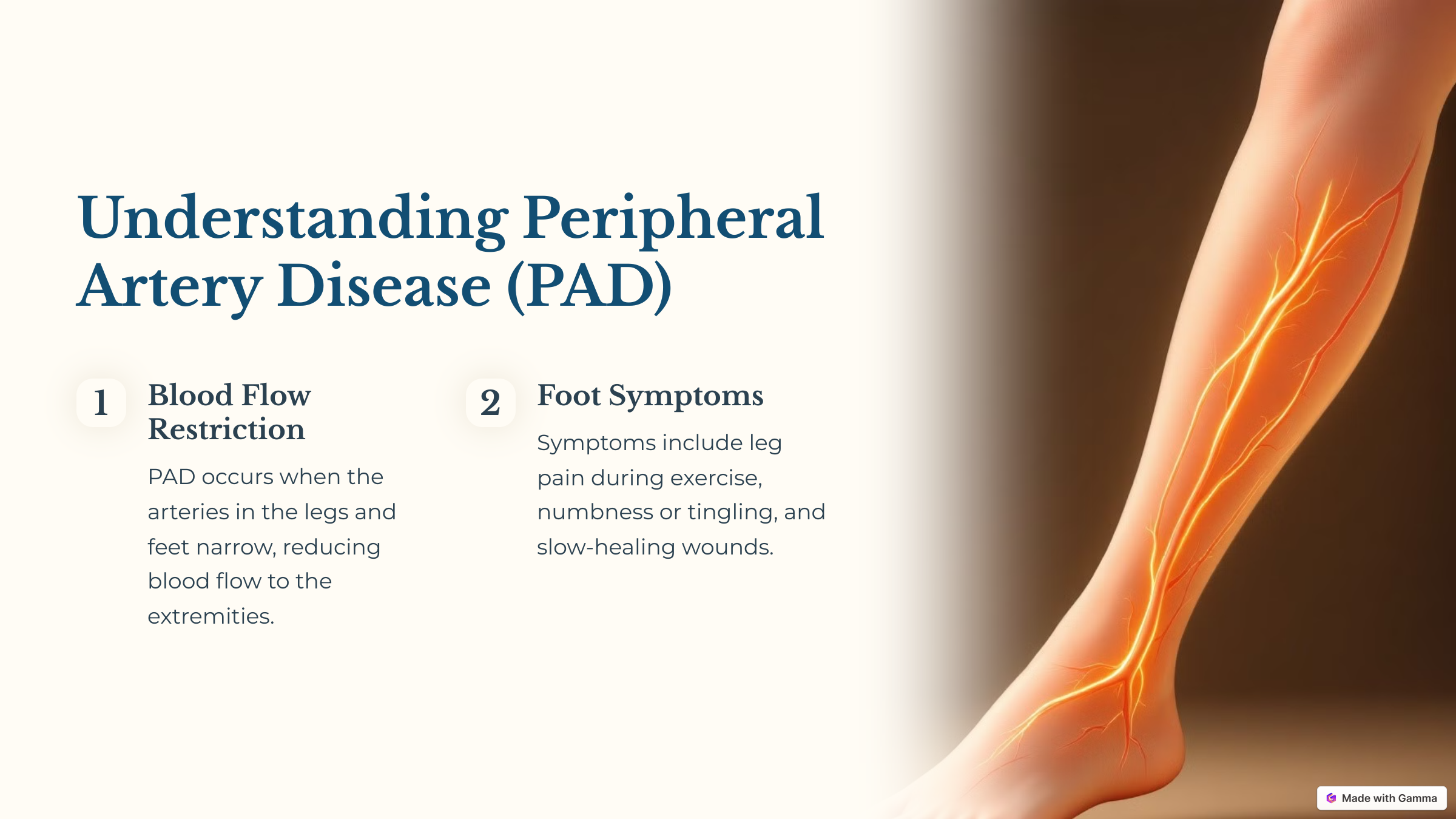Helpful Advice
As Podiatrists, we know how important it is for patients to be able to look after their feet as best they can at home, so we have compiled a list of tips for both diabetic and non-diabetic patients that may help you do just that.
Footwear.
Wear comfortable and properly fitting shoes: Wearing shoes that are too tight or too loose can cause a range of foot problems, including blisters, calluses, and corns. It's important to wear shoes that fit properly, provide enough support for your feet, and have enough room for your toes.
Hygiene.
Keep your feet clean and dry: Make sure to wash your feet regularly with soap and water, and dry them thoroughly, especially between the toes. Moisture between the toes can lead to fungal infections.
Nail Care.
Trim your toenails regularly: Trim your toenails straight across and avoid cutting them too short or rounding the edges. This can help prevent ingrown toenails.
Moisturize.
Moisturize your feet: As we age our skin gets drier and less pliable. Applying moisturizer to your feet daily can help prevent dry and cracked skin, but it is important to remember not to apply in between the toes as it can leave a residue behind that can lead to fungal infections.
Foot care is especially important for people with diabetes, as they are more prone to foot problems due to nerve damage and poor circulation. See a podiatrist for regular foot exams at least once a year, or more often if recommended by your healthcare provider.
Check.
Check your feet daily: It's important to check your feet every day for any cuts, blisters, or sores, as people with diabetes may not feel pain or discomfort due to nerve damage. If you struggle to see the underside of your feet, try using a mirror, friend or family member to help you.
Footwear.
Wear properly fitting shoes: Wear comfortable shoes that fit properly and provide support, and avoid going barefoot. If you have a lack of sensation you may not know if you have stood on something that may cause a wound.
Smoking.
Avoid smoking: Smoking can reduce blood flow to the feet, which can lead to numerous complications such as impaired sensation (Neuropathy), healing and more risk of infections.
Blood sugars.
Control your blood sugar levels: High blood sugar levels can damage nerves and blood vessels in the feet, so it's important to control your blood sugar levels through diet, exercise, and medication as recommended by your healthcare provider.








